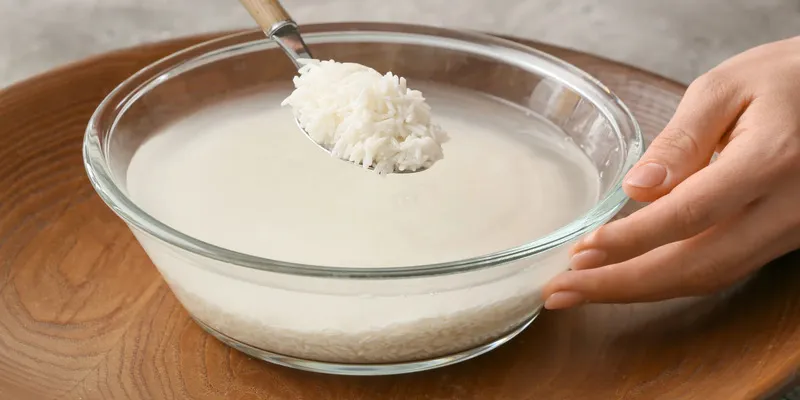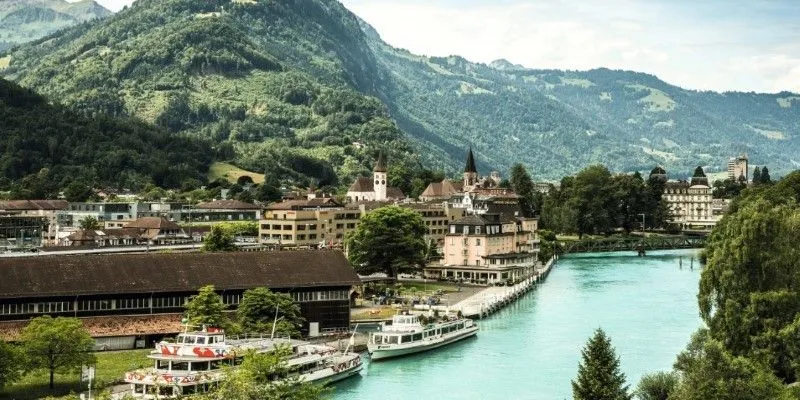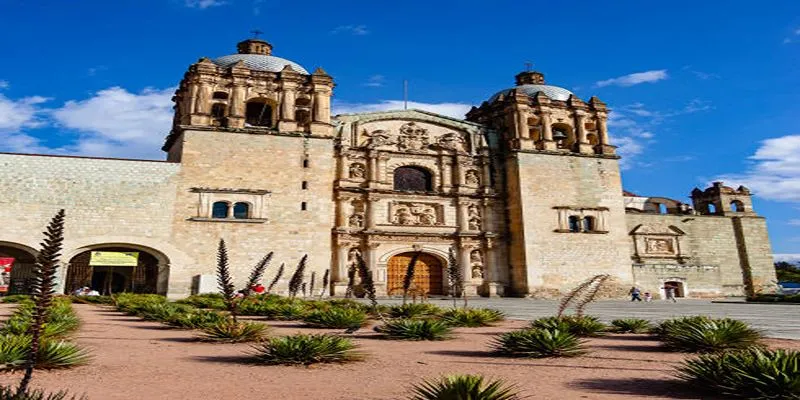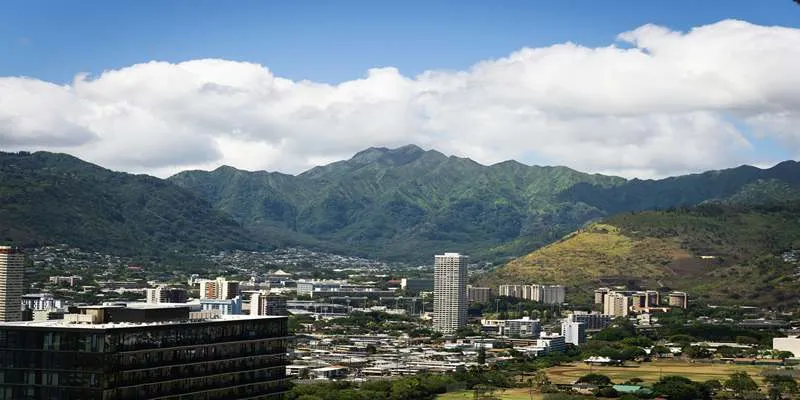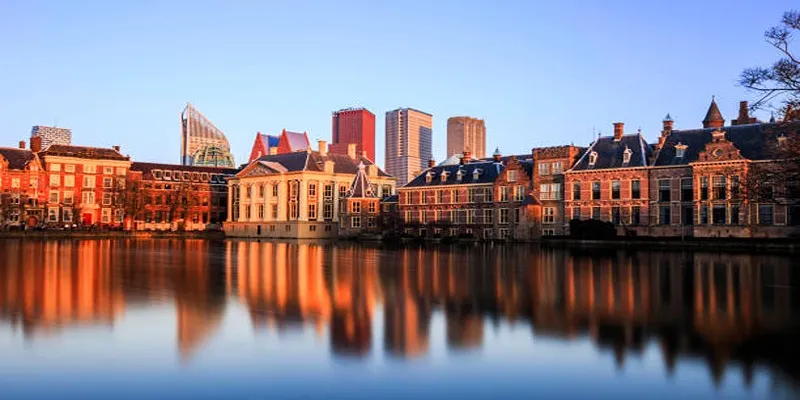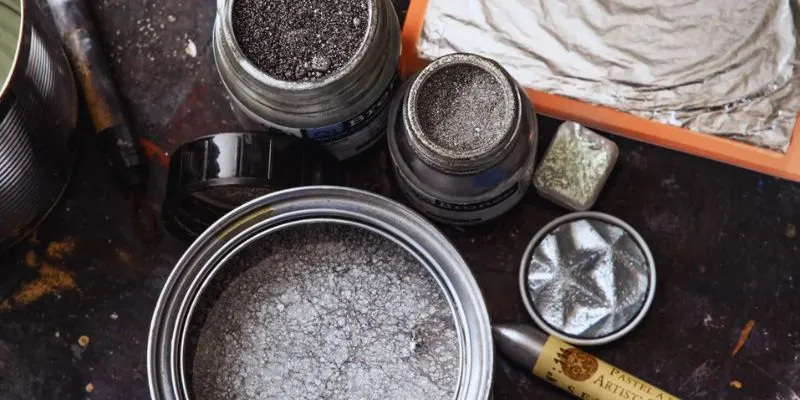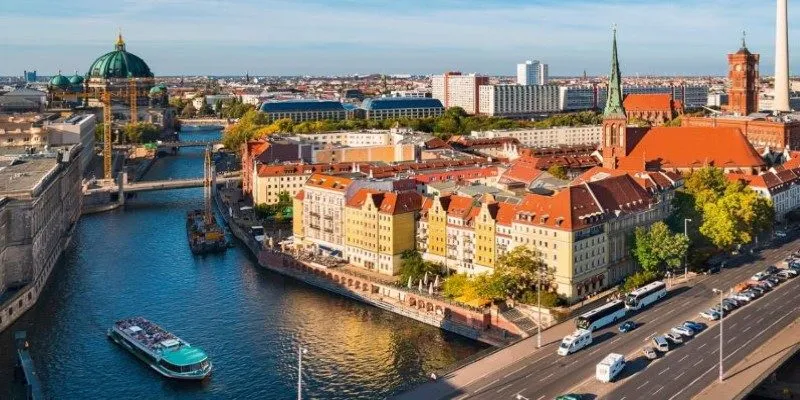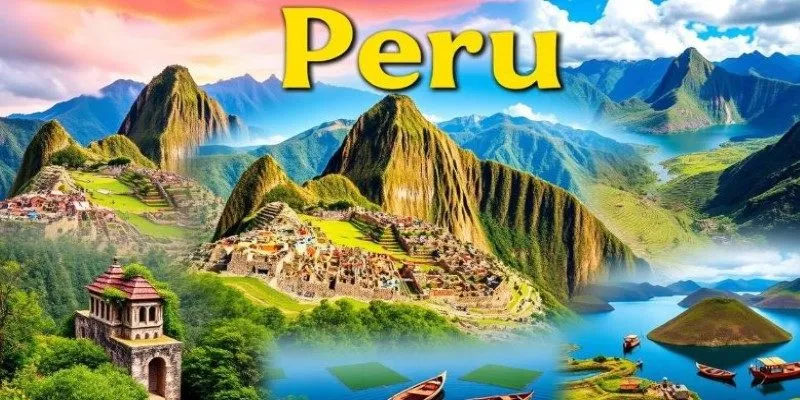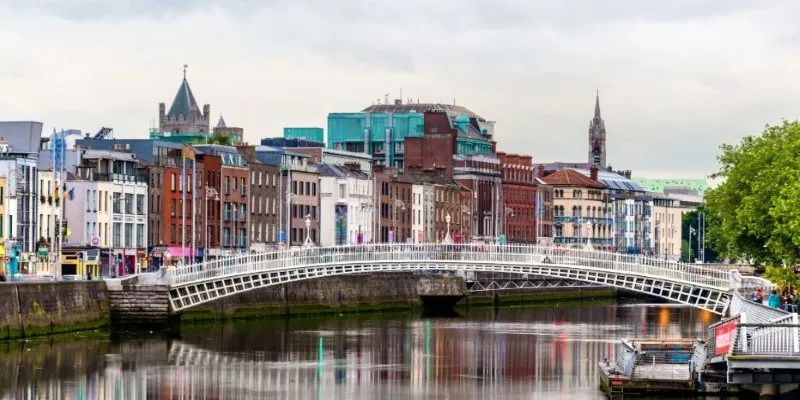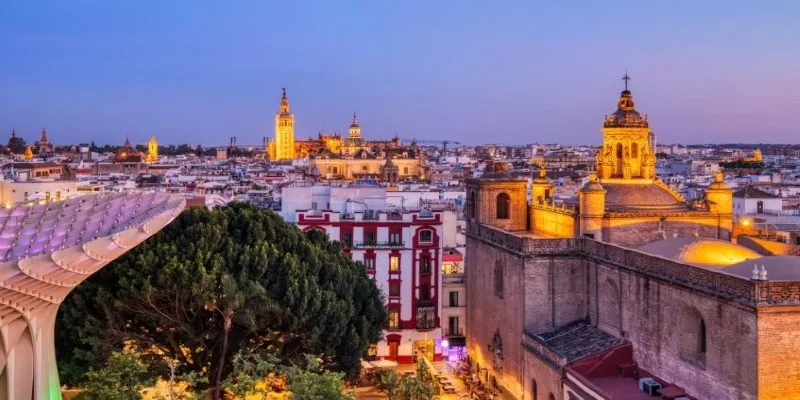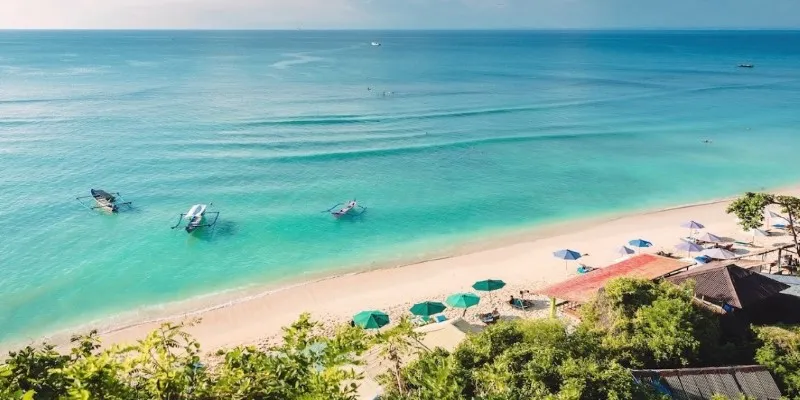Why Tourists Should Rethink Bottled Water in Iceland
Iceland is renowned for its breathtaking landscapes, from cascading waterfalls to vast glaciers. However, one of its most valuable yet overlooked resources is its tap water.
Tourists often buy bottled water, but in Iceland, this habit is not only unnecessary but also less beneficial than one might think. This article delves into why tourists should skip bottled water and embrace Iceland’s tap water, covering environmental, economic, and practical perspectives.
Exploring the Source: The Origins of Iceland’s Pristine Tap Water
Iceland’s tap water originates from protected underground aquifers and springs that are naturally filtered through porous volcanic rock. This unique geological process not only purifies the water but also enriches it with minerals, making it exceptionally clean and refreshing. The country’s low population density and stringent environmental laws ensure that these water sources remain untainted by industrial pollutants, offering some of the cleanest drinking water on the planet directly from the tap.
The Purity of Iceland’s Tap Water
Iceland’s tap water is unrivaled in terms of purity and taste, largely due to its origins in natural springs and its filtration through ancient lava fields. The water is naturally filtered as it seeps through layers of porous volcanic rock, which acts as a natural purifier, removing impurities while enriching the water with minerals like silica, which is often credited for its health benefits. Unlike many countries, Iceland requires minimal chemical treatment for its water, meaning what comes out of the tap is as natural as it gets.
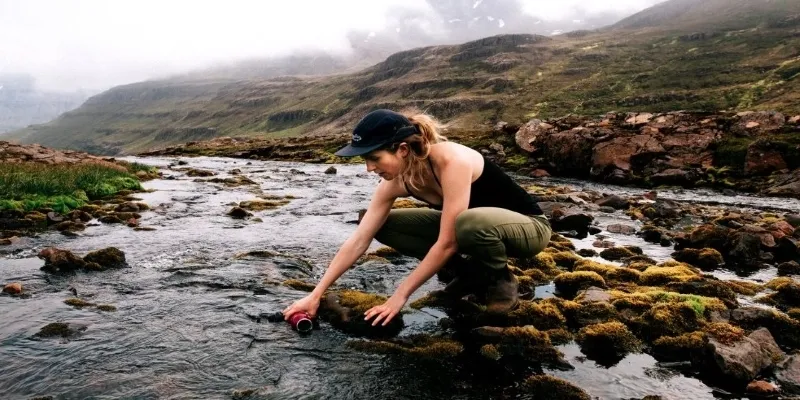
Moreover, the absence of heavy industry on the island and strict environmental regulations ensure that the water sources remain pristine. This pristine quality is maintained from source to tap, with regular monitoring and stringent quality controls that meet and exceed international standards. The taste of Iceland’s tap water is often described as crisp and clean, with a slight natural sweetness that distinguishes it from processed or treated water elsewhere. This makes it not just safe but also a pleasure to drink, enhancing the overall experience of visitors looking for pure, natural hydration.
Environmental Impact
The environmental case for opting out of bottled water in Iceland is compelling. Plastic pollution is a global crisis, and by choosing tap water over bottled, tourists can significantly reduce their plastic footprint. Iceland is at the forefront of sustainability, and reducing plastic waste is a shared responsibility. The production and disposal of plastic bottles contribute to environmental degradation, even in a country as pristine as Iceland.
By refilling a reusable bottle, visitors can help preserve the natural beauty that likely attracted them to Iceland in the first place. This small yet significant action supports Iceland’s extensive recycling efforts and pushes towards a more sustainable tourism model. Each refill means one less plastic bottle in circulation, a straightforward yet powerful way to protect the delicate ecosystems of this volcanic island. Choosing tap over bottled water aligns tourists with Iceland’s environmental goals, fostering a travel culture that respects and sustains its natural landscapes.
Economic Considerations
Economically, buying bottled water in Iceland doesn’t make much sense. The cost of bottled water is markedly higher in Iceland due to import fees and the expenses associated with transporting goods to this remote island. Tourists aiming to travel on a budget will find that tap water is not only superior in quality but also entirely free. This can add up to substantial savings throughout their stay.
Furthermore, the environmental costs of producing and recycling plastic bottles mean that when you choose tap water, you’re also opting for a more sustainable economy. By reducing reliance on bottled water, tourists support local initiatives to minimize waste and promote environmental sustainability. This alignment with Iceland’s eco-friendly policies not only saves money but also resonates with a broader global shift towards more responsible travel practices.
Health Benefits
While the health benefits of staying hydrated are well-known, the source of your water can also play a crucial role in overall wellness. Iceland’s tap water is free from chlorine and other chemicals typically used in municipal water supplies to kill bacteria, which means it retains its natural purity and taste. Moreover, it contains essential minerals like calcium and magnesium, which are crucial for bone health and metabolic function.

These minerals are naturally infused into the water as it passes through Iceland’s unique volcanic rock, enhancing its nutritional profile. Opting for this mineral-rich tap water over bottled water not only supports your hydration needs but also contributes to a healthier mineral intake without the exposure to harmful chemicals and microplastics often found in bottled varieties. This makes drinking directly from the tap a superior choice for both hydration and health.
Cultural Aspect
Choosing tap water over bottled water also aligns with local practices and sustainability efforts deeply ingrained in Icelandic culture. Icelanders are proud of their pristine natural resources and are taught from a young age to respect and protect their environment. The practice of drinking directly from the tap not only saves resources but is a part of daily life that every Icelander values. By adopting this habit, tourists show a deep respect for the local customs and contribute positively to the community’s sustainability goals. This commitment to environmental preservation is reflected in Iceland’s extensive recycling programs and its community-driven initiatives aimed at reducing plastic usage, underscoring the nation’s dedication to maintaining its natural beauty.
Conclusion
For tourists visiting Iceland, opting for tap water over bottled water is a smart choice that supports health, wallet, and the planet. The next time you visit, consider carrying a refillable water bottle to enjoy Iceland’s delicious, clean tap water. This small step is a practical way to contribute to Iceland’s environmental goals and experience its natural resources respectfully and sustainably. Embracing this practice not only aligns with the sustainable ethos of the country but also enhances the overall travel experience, allowing tourists to enjoy Iceland’s natural wonders responsibly.
